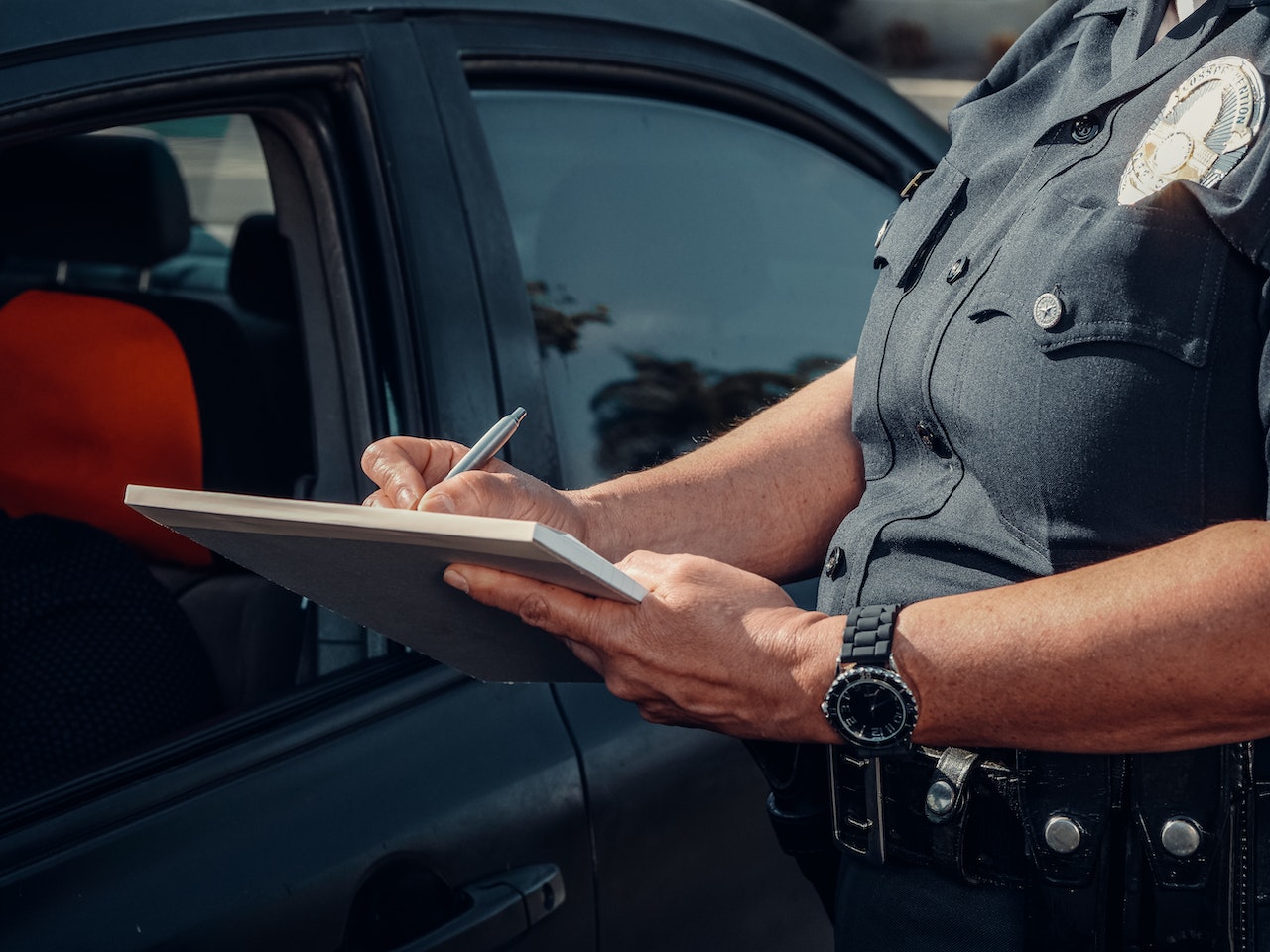The world of law is vast and intricate, and two areas that often come into the spotlight are crime and traffic offenses. These legal domains play a significant role in maintaining order and safety in society. For example, driving offence lawyers handle cases related to driving while impaired, speeding, and other traffic-related matters. Criminal lawyers assist defendants in dealing with charges of violence, drug offences, theft, and fraud. In this article, we’ll embark on a journey through the legal landscape of crime and traffic offenses, shedding light on their differences, implications, and the role they play in our daily lives.
Crime and Traffic Offenses: A Brief Overview
At their core, both crime and traffic offenses involve violations of laws established to ensure the well-being of individuals and communities. However, they encompass distinct areas of law, each with its own set of rules, consequences, and processes. Also, the penalties associated with them vary drastically. Crime encompasses a wide range of activities considered to be illegal in most jurisdictions, such as murder, theft, fraud, and assault.
The severity of these offenses can range from minor misdemeanors to serious felonies with potentially life-altering consequences for offenders. Traffic violations, on the other hand, involve non-criminal offenses like running a red light, driving without insurance, and parking in a handicapped zone. These offenses are usually considered civil violations and often result in fines or court-ordered counseling.
Crime: Defining Wrongful Acts
Crime refers to a range of behaviors that are considered unlawful and punishable by the state. These acts can range from theft and assault to more complex offenses like fraud and cybercrimes. Crimes are categorized into various degrees based on severity, with penalties varying accordingly. The criminal justice system comes into play when someone is accused of committing a crime, and it involves investigation, prosecution, and potential trial.

Traffic Offenses: The Road to Safe Driving
Traffic offenses, on the other hand, pertain to violations of rules and regulations established for road safety. These offenses can encompass anything from speeding and reckless driving to driving under the influence (DUI) of alcohol or drugs. While traffic offenses are generally considered less severe than crimes, they can still have significant consequences, including fines, points on your driving record, and even license suspension.
Legal Ramifications and Processes
The legal processes for handling crime and traffic offenses may differ, but they both underscore the importance of upholding the law. Crimes are typically investigated by law enforcement agencies, and if there’s sufficient evidence, charges are filed by prosecutors. The accused has the right to legal representation, and the case proceeds through the criminal justice system, which may involve trials, plea bargains, or alternative resolutions. For traffic offenses, law enforcement officers issue citations or tickets on the spot or through the mail. Depending on the severity of the offense, individuals may need to appear in traffic court. Legal representation is optional for traffic offenses, but seeking advice from a lawyer can help you understand your rights and potential consequences.

Implications and Consequences
The consequences of being charged with a crime can be profound, including fines, probation, community service, or imprisonment. In contrast, traffic offenses typically result in fines, increased insurance premiums, and possible points on your driving record. Accumulating too many points may lead to license suspension.
In Conclusion
Crime and traffic offenses are integral parts of the legal landscape that contribute to maintaining a just and orderly society. While the severity and consequences of these violations differ, both underscore the importance of adhering to the law and understanding the implications of our actions. By staying informed and making responsible choices, we can contribute to a safer and more harmonious community for everyone.

